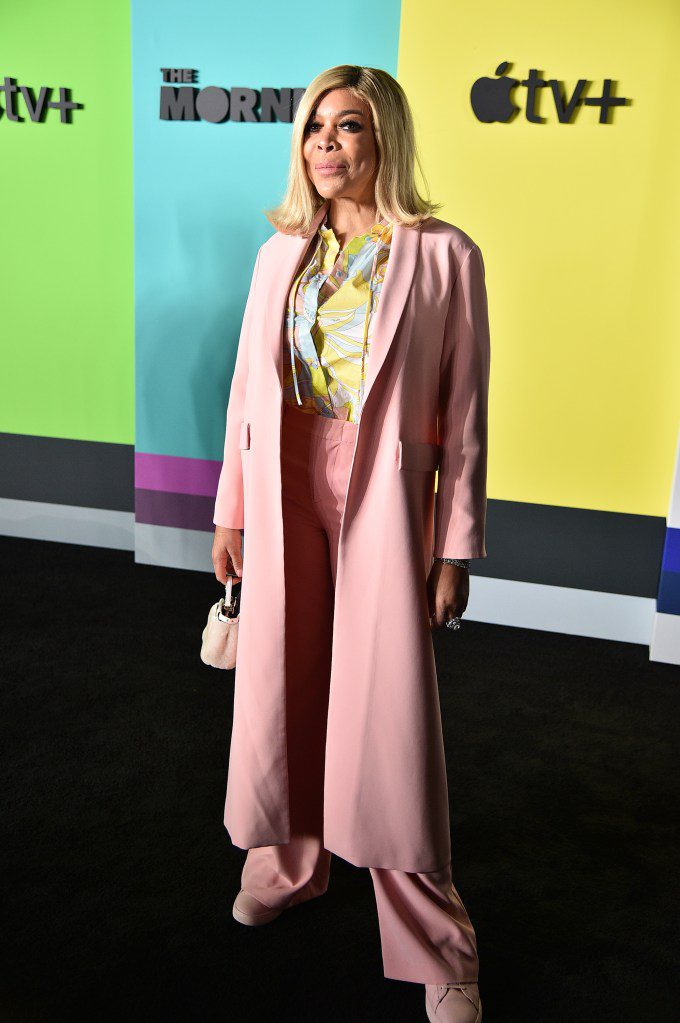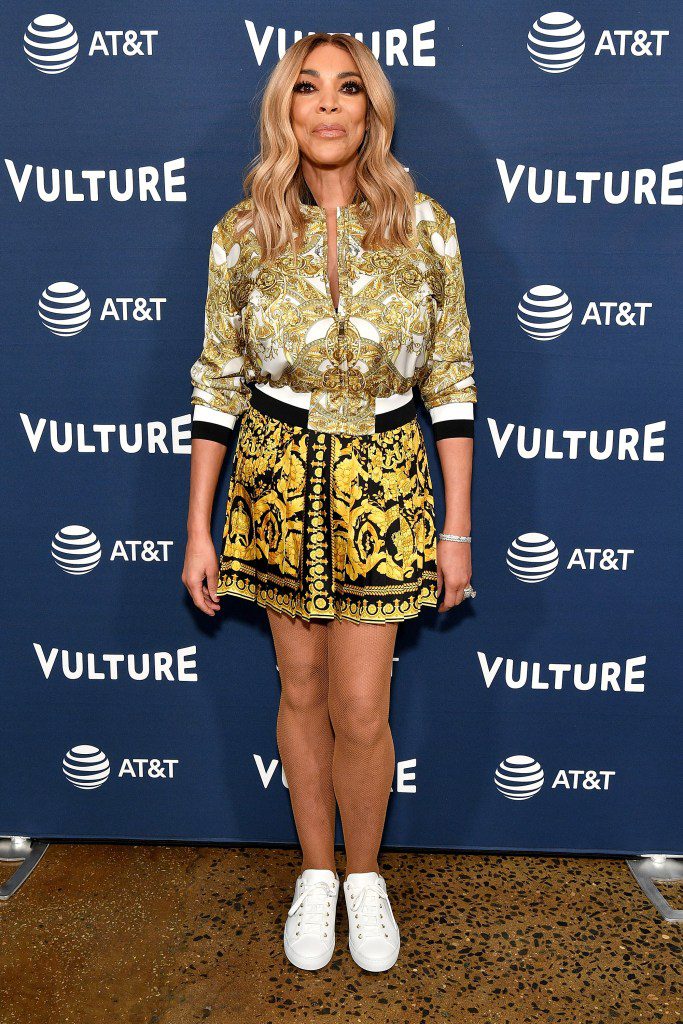Wendy Williams’ Guardian Calls Lifetime Doc “Blatant Exploitation” In Lawsuit

In unsealed legal documents, a court-appointed guardian for Wendy Williams is taking on A+E networks regarding the shocking documentary chronicling the former television hosts’ recent health and wellness issues.
According to The Hollywood Reporter, the lawsuit describes Where Is Wendy Williams as “blatant exploitation,” claiming the network filmed the footage without the proper permissions. Sabrina Morrissey, acting as Williams’ guardian, suggests the 59-year-old did not have the legal or mental capacity to authorize her participation, and that she was presented the idea under false pretenses.
“This blatant exploitation of a vulnerable woman with a serious medical condition who is beloved by millions within and outside of the African American community is disgusting, and it cannot be allowed,” reads the complaint, per THR.
Wendy Williams attends the Apple TV+’s “The Morning Show” World Premiere at David Geffen Hall on October 28, 2019 in New York City.
Theo Wargo/Getty Images
According to the report, Morrissey attempted to block the documentary’s release, and was granted a temporary restraining order before the decision was overturned by a judge citing the First Amendment. William Selby, Williams’ manager on the project and also an executive producer alongside the broadcaster and her son Kevin Hunter Jr., was alleged to have creative control.
Selby, however, claimed to have been as shocked as Morrissey when the trailer for the documentary was allegedly released without notification.
According to the filing, it remains unclear who authorized the creation of The Wendy Experience, the company that signed off on a contract with Entertainment One to authorize footage of Williams. Allegedly created after Williams’ legal guardianship was established, the signature is said to be “not clearly legible; however, it is highly distinguishable from W.W.H.’s signature.”

Television host Wendy Williams attends the Vulture Festival Presented By AT&T – Milk Studios, Day 1 at Milk Studios on May 19, 2018 in New York City.
Dia Dipasupil/Getty Images for Vulture Festival
Williams’ publicist has also publicly spoken out against the documentary, saying “There were a lot of good moments. None of those good moments were shown.” Per THR, A+E issued its own statement saying, “We look forward to the unsealing of our papers as well, as they tell a very different story.”
In an interview published by TODAY, the filmmakers claimed to not have been aware of Williams’ diagnosis of primary progressive aphasia and dementia during the production process.
“I think we all ultimately wanted to shed light on this period of time in Wendy’s life to help understand what she was going through,” detailed showrunner Erica Hanson.
“I can totally understand how, at times, it’s hard to watch. It was hard at times to film, but we wanted to be honest in painting a real picture of her isolation and her struggle with addiction. We didn’t know that she had dementia. We didn’t know that it was confusing at times. Some days, Wendy was on and very Wendy. Other days, she wasn’t. We all felt this was a complex and sensitive story to tell, and we all felt a great responsibility to do it with dignity and sensitivity.”





